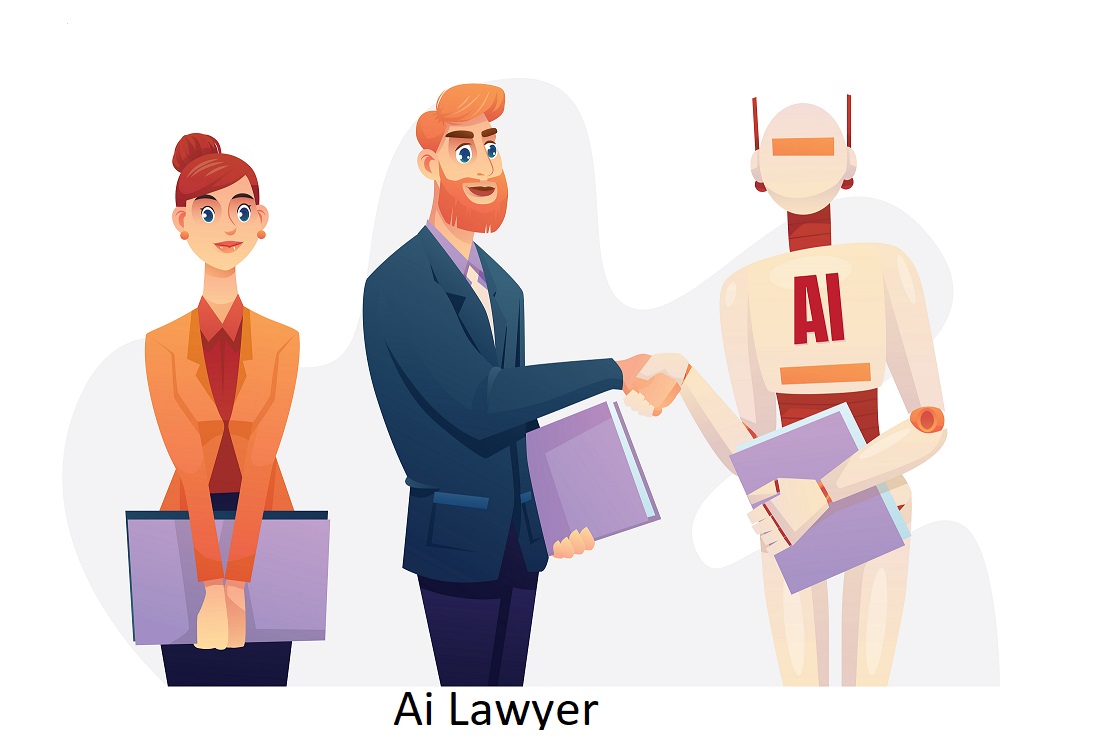In the ever-evolving landscape of technology, Artificial Intelligence (AI) has become a transformative force, and the legal profession is no exception. AI lawyers, powered by advanced algorithms and machine learning, are revolutionizing legal tasks, offering efficiency, accuracy, and innovative solutions to the practice of law.
Table of Contents
The Rise of AI Lawyers:
AI lawyers, often called legal tech or robot lawyers, are AI systems designed to perform various legal tasks traditionally carried out by human attorneys. These tasks range from legal research and document analysis to contract review and even predictive analysis of case outcomes.
Key Advantages of AI in Legal Practice.
Efficient Legal Research:
AI lawyers can swiftly analyze vast legal databases, providing attorneys with comprehensive and up-to-date information. This efficiency saves time and enhances the quality and depth of legal research.
Document Automation:
Automation of routine documentation tasks is a hallmark of AI lawyers. Drafting contracts, agreements, and other legal documents can be streamlined, reducing manual workload and minimizing the risk of errors.
Predictive Analytics:
AI algorithms can analyze historical legal data to predict case outcomes and assist in strategic decision-making. This predictive capability empowers lawyers to advise their clients on potential legal scenarios better.
Must Read Impacts and Drawbacks of Ai on Legal field
Enhanced Due Diligence:
In mergers and acquisitions or other legal transactions, AI lawyers excel at conducting thorough due diligence. They can quickly review large volumes of documents, identifying relevant information and potential risks.
24/7 Accessibility:
Unlike human attorneys, AI lawyers operate 24/7, providing on-demand access to legal insights. This accessibility is particularly valuable in urgent situations or when dealing with international time zones.
Also Read: Consult Ai Lawyer online
Challenges and Considerations:
While the benefits of AI in the legal field are undeniable, challenges such as ethical considerations, data security, and the need for human judgment still exist. Striking a balance between leveraging AI’s capabilities and maintaining the ethical standards of the legal profession remains a key consideration.
The Future of Law:
As AI lawyers continue to evolve, the legal profession is on the brink of a significant transformation. The integration of AI is not about replacing attorneys but enhancing their capabilities, allowing legal professionals to focus on complex, strategic tasks that require human intuition, empathy, and ethical judgment.
Conclusion:
The emergence of AI lawyers marks a paradigm shift in the legal landscape. Embracing the benefits of AI in legal practice can lead to increased efficiency, improved client service, and a more agile and responsive legal system. As we navigate this era of technological advancement, the collaboration between AI and human legal professionals holds the promise of shaping a future where legal services are more accessible, efficient, and aligned with the evolving needs of a dynamic society.




